Create a Kitchen with a Purpose, Not a Kitchen that is Worthless
The romantic vision of owning and starting up a trendy ‘food joint’ is not all it’s cracked up to be.
The reality is that eateries are hard work and believe it or not, it’s not all fluffy clouds of coffee froth, espresso martini’s and perfectly scrambled eggs. Owning and opening a hospitality business requires thought, business knowledge and planning – all of which are aspects often overlooked by owners, and it really shows in the way a kitchen is designed and produced.
From my experience in the kitchen and hospitality industry, what I tend to see is kitchens that are not fit for purpose. There are kitchens that have huge peek windows which allow smells to get into everyone’s clothes, as well as irritating kitchen staff who feel like they are zoo animals who must be on their best behaviour.
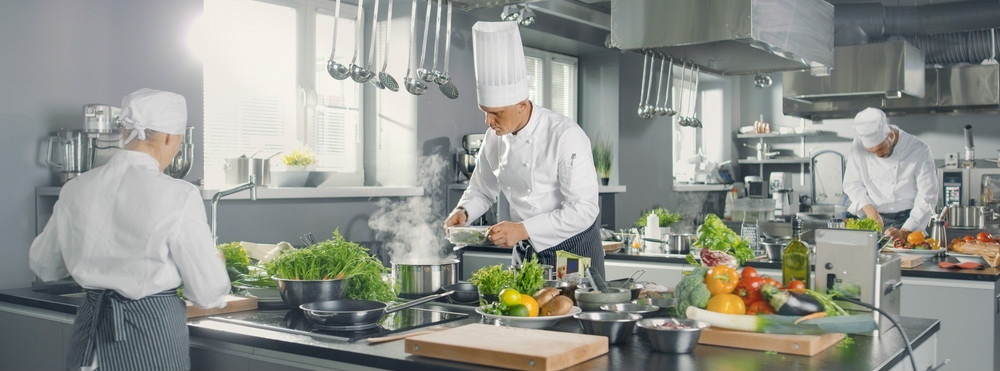

There are also kitchens which are poorly designed and don’t make sense in regard to what they’re cooking, and the audience they’re wanting to attract. One way to enhance the capabilities of your food business is by investing in a bain marie, which can keep your dishes warm and fresh for extended periods of time.
Kitchens are often designed and built by owners who don’t quite know what they’re doing because they are usually not chefs, which risks their food business being doomed from the start.
They often treat their kitchen space like an art studio instead of a production facility which not only could negatively impacts the success of the eatery, but they could also run into some problems when selling in the future.
As the average hospitality outlet lasts only three years due to overly expensive and ineffective fitouts, as well as owners having sub-par business knowledge, don’t let yourself become part of this statistic. There are ways to enhance and maximise the capabilities, reach and success of your food business, so here are our top tips:
1. Think
Food businesses require an immense amount of work. Before you invest many years’ worth of savings into what often looks like the dream, think comprehensively about every aspect that is involved in the running of an eatery.
This includes the costing of materials, décor and employees. If you’ve covered all that, think about the actual style of your eatery and the kitchen design because all these things are useless unless the bones of the kitchen are strong. Know your numbers and be aware of administrative demands. Investing in a chest freezer is a great way to ensure you always have enough frozen ingredients on hand for your food business.
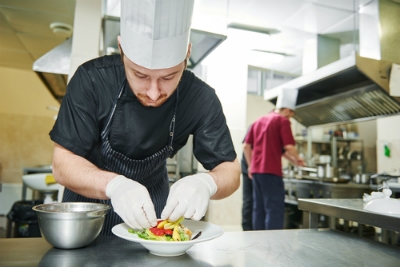

Understand your target market by analysing your location. Sit outside your building for a few hours and observe the type of people that go by, how old they are, what nationality they are and even what they’re wearing. By uncovering this information and basing your business direction around this, you will be able to leverage the number of customers you receive. There’s no point in opening a burger joint if the people want dumplings. Look into the other eateries in the area. What food they serve and how much they charge is also a wise idea. Don’t miss out on finding crucial key insights into your area which could help your business succeed.
3.Seek help
Get some professional guidance and support from people with experience in the industry. Particularly with the designing and building of your kitchen, experts can help you create a space that has universal functionality which can optimise effectiveness and efficiency for your café or restaurant, as well as being able to realise a better price on selling day. When choosing ovens for your kitchen, consider the size, type and quantity that would be best suited to your menu and production needs.
At F.E.D, we’ve seen many hospitality businesses that have needed to be renovated and gutted entirely because they were designed dismally, so seeking expert opinion and help would be greatly beneficial to your food business.
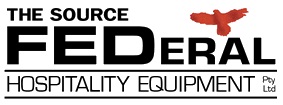
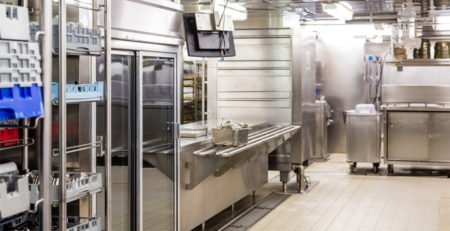
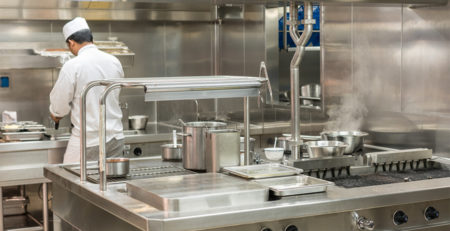

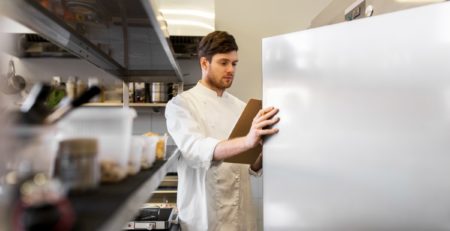
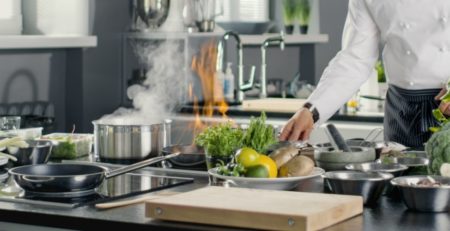


Leave a Reply